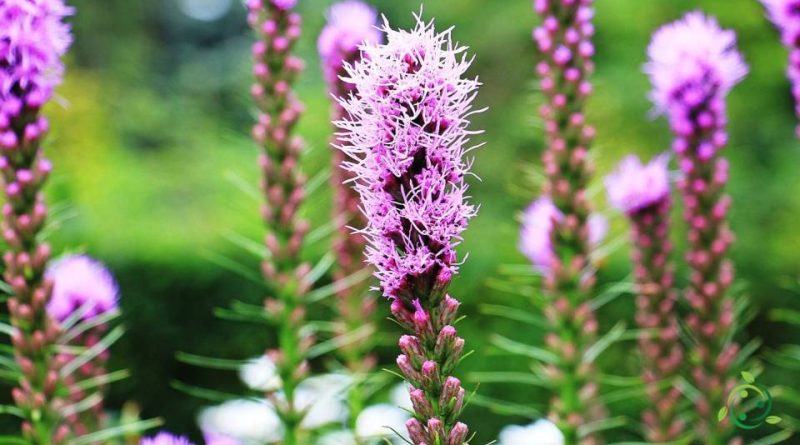Phenology
Phenology
In botany, the term phenology refers to that part of ecology that studies the change and development of plant organisms over the course of the year, in relation to the environment.
The term phenology is the composition of the two terms phenology and logic and is therefore the part of ecology that studies the relationships between climatic factors (temperature, humidity, photoperiod) and the seasonal manifestation of some phenomena of plant life, such as bud sprouting, flowering, fruit ripening, leaf fall and the like.
Knowledge of phenological data is also important for agriculture, for the breeding of domestic animal species (grasses in the pastures, flowering period for bees) and also for medicine (time of emission of pollen that cause pollinosis).
In particular, plant phenology deals with the definition of the development phases (or phenological phases) of plants in particular phenological scales and with the recording of the dates in which they occur in the different environments. If the plants under observation are therefore cultivated we are in the field of agricultural phenology or agrofenology.
A phenological garden consists of a place where perennial plant species are planted with the specific purpose of registering their development phases on a regular basis.
An agrofenological station is instead a field cultivated with herbaceous species of agricultural interest, re-sown every year and subject to regular recording of the phenological phases.

